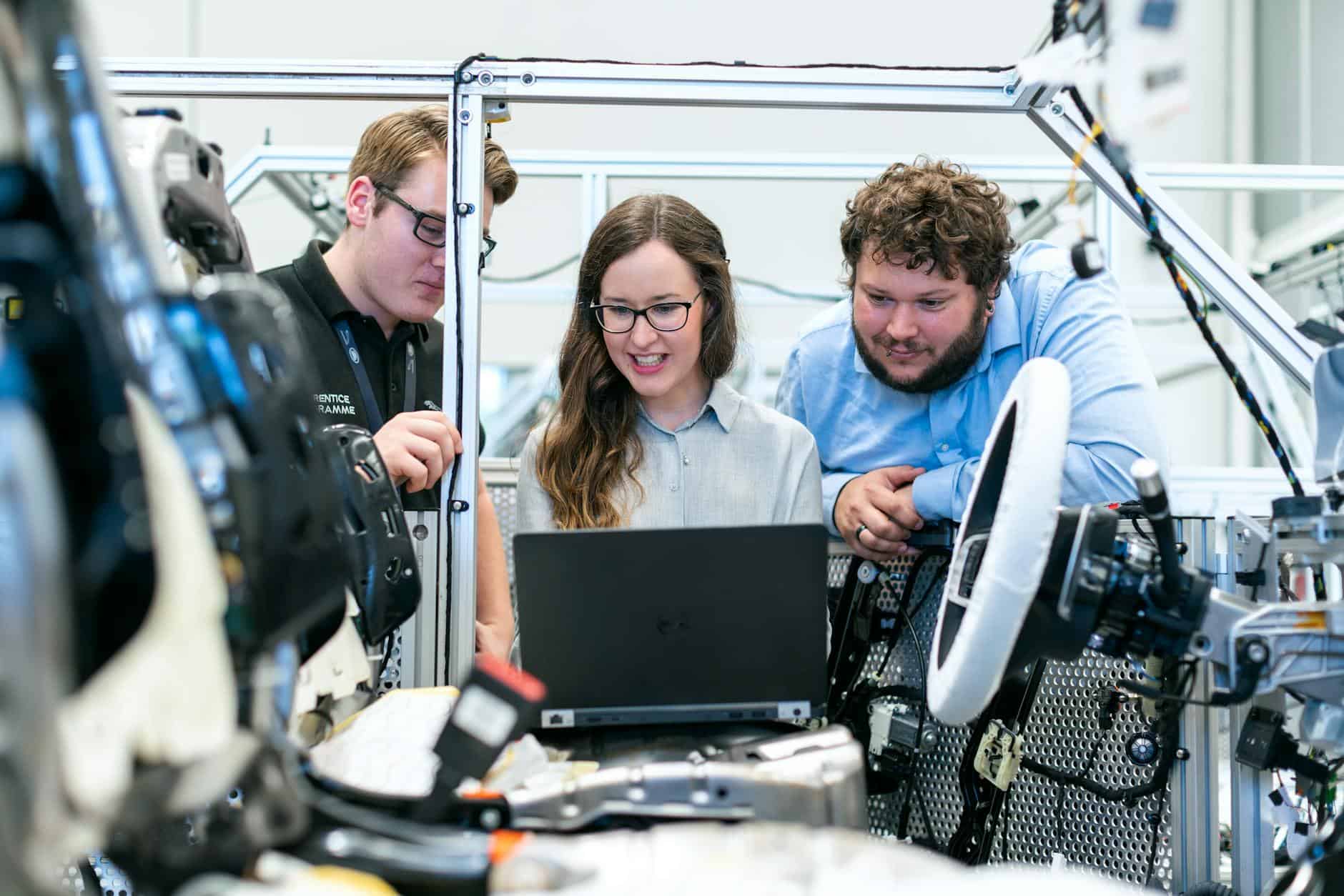Things Successful People Always Do in Their Free Time,

Success is rarely a matter of luck. While talent, opportunity, and timing play important roles, what truly sets successful individuals apart is how they manage their time — especially their free time. According to psychological research, people who consistently achieve their goals tend to use their leisure hours with intention and purpose. Rather than wasting time scrolling endlessly or indulging in distractions, they focus on habits that boost mental, emotional, and physical well-being.
In this article, we’ll explore seven scientifically backed things successful people do in their free time. These habits aren’t just about productivity — they help build focus, creativity, resilience, and overall life satisfaction.
1. They Read to Learn and Expand Their Minds

One of the most common habits among successful individuals is reading. Not just for entertainment, but for growth. Whether it’s books on leadership, psychology, biographies, or industry trends, reading allows them to gain knowledge and stay ahead.
According to a study published in the journal Neurology, people who engage in mentally stimulating activities like reading experience slower cognitive decline with age. Moreover, reading enhances vocabulary, comprehension, and critical thinking skills.
Billionaires like Warren Buffett, Elon Musk, and Bill Gates have spoken publicly about the importance of reading. Gates reportedly reads around 50 books a year, most of them nonfiction.
For those aiming to succeed in any area of life, allocating time each day — even just 30 minutes — to purposeful reading can compound into massive long-term benefits.
2. They Reflect, Journal, and Practice Self-Awareness

Self-reflection is a powerful psychological tool. Successful individuals often take time to journal or think deeply about their experiences, goals, and challenges. This habit helps them gain perspective, manage emotions, and make better decisions.
Journaling allows you to track progress, recognize patterns, and clarify thoughts. It reduces stress and supports emotional regulation, according to research from the University of Rochester Medical Center.
Leaders like Richard Branson and Oprah Winfrey have emphasized the importance of journaling as a way to stay grounded and focused. It’s also a great method for setting goals, expressing gratitude, and problem-solving.
Just five to ten minutes a day can create a deeper connection with your inner self and support personal growth.
3. They Prioritize Physical Health and Exercise
Successful people recognize the connection between physical and mental performance. They make time for exercise, not only to stay in shape but also to improve focus, mood, and energy.
Exercise is scientifically proven to boost endorphins — the body’s natural mood elevators. According to the American Psychological Association, physical activity improves memory, sleep, and reduces symptoms of depression and anxiety.
Whether it’s running, yoga, weightlifting, or even a daily walk, consistent physical movement is a non-negotiable part of many high achievers’ routines. Richard Branson once claimed that working out regularly gives him an extra four hours of productivity each day.
You don’t need to be a fitness expert — just committing to 20-30 minutes of movement a few times a week can make a significant difference.
4. They Network and Build Meaningful Relationships
Social connection is essential for both happiness and success. While some people view networking as purely professional, successful individuals build genuine, meaningful relationships.
They invest time in maintaining strong connections with friends, mentors, colleagues, and peers. They attend events, join communities, or simply check in with others. Psychology shows that people with robust social networks live longer, manage stress better, and report higher life satisfaction.
A Harvard study spanning 80+ years found that strong relationships are the most important factor in predicting long-term happiness and health — more than wealth, fame, or career achievements.
The takeaway? In your free time, connect with others authentically. Have deep conversations, ask questions, and listen actively.
5. They Practice Mindfulness and Meditation
Meditation is no longer a fringe activity — it’s a scientifically backed practice that many successful individuals credit for their clarity, calm, and focus.
Mindfulness, a state of being present and aware without judgment, has been linked to reduced stress, improved attention, and better emotional regulation. A study in Psychological Science found that even brief meditation sessions can improve decision-making and cognitive performance.
Leaders like Steve Jobs, Ray Dalio, and Arianna Huffington practiced or promoted meditation as a key to staying centered in high-pressure environments.
Apps like Headspace or Calm make it easier than ever to start meditating, even for beginners. Just 10 minutes a day can help sharpen your mind and elevate your emotional intelligence.
6. They Engage in Creative Hobbies
Successful people often have hobbies that stimulate creativity. Whether it’s playing music, painting, writing, cooking, or gardening, creative pursuits are not just for fun — they’re mentally rejuvenating.
Engaging in creative activities activates different parts of the brain and encourages lateral thinking, a valuable skill for innovation. Psychology Today reports that creativity enhances problem-solving abilities and fosters personal fulfillment.
Albert Einstein played the violin. Leonardo da Vinci painted and designed machines. Today’s entrepreneurs, CEOs, and leaders often pursue hobbies that refresh their minds and open new perspectives.
You don’t need to be a professional artist — just find an activity you enjoy and let your imagination explore without pressure.
7. They Plan, Strategize, and Set Goals
While free time might seem like a break from planning, successful individuals often use it to review their goals, assess progress, and make strategic adjustments.
Goal setting is a powerful psychological tool that increases motivation and focus. According to Dr. Edwin Locke’s goal-setting theory, specific and challenging goals — when accepted and pursued — lead to higher performance.
High achievers use techniques like weekly planning, monthly reviews, and visualization to stay on track. They ask themselves critical questions: What’s working? What needs to change? What are the next steps?
Using part of your free time to reflect on your vision and adjust your action plan can help you stay aligned and avoid distractions.
The Science Behind These Habits
Each of the seven habits above has a strong psychological foundation. Here’s a quick summary of why they work:
- Reading: Enhances cognitive function, empathy, and knowledge.
- Journaling: Promotes emotional clarity and resilience.
- Exercise: Boosts brain health, mood, and energy.
- Networking: Strengthens social bonds and emotional intelligence.
- Mindfulness: Improves focus, reduces anxiety, and supports better decisions.
- Creativity: Encourages innovation and problem-solving.
- Goal-setting: Provides structure, direction, and motivation.
These habits form a solid framework for anyone who wants to lead a successful and fulfilling life.
Success isn’t limited to what you do at work. How you spend your free time can either elevate or sabotage your progress. The most accomplished people in the world use their downtime intentionally. They read to grow, move to stay strong, reflect to stay focused, and connect to stay fulfilled.
By integrating even a few of these seven habits into your routine, you can increase your productivity, reduce stress, and build a life that aligns with your goals and values.
Start small. Choose one habit to develop this week. Over time, these simple yet powerful actions can transform your mindset — and your future.














Leave a Reply